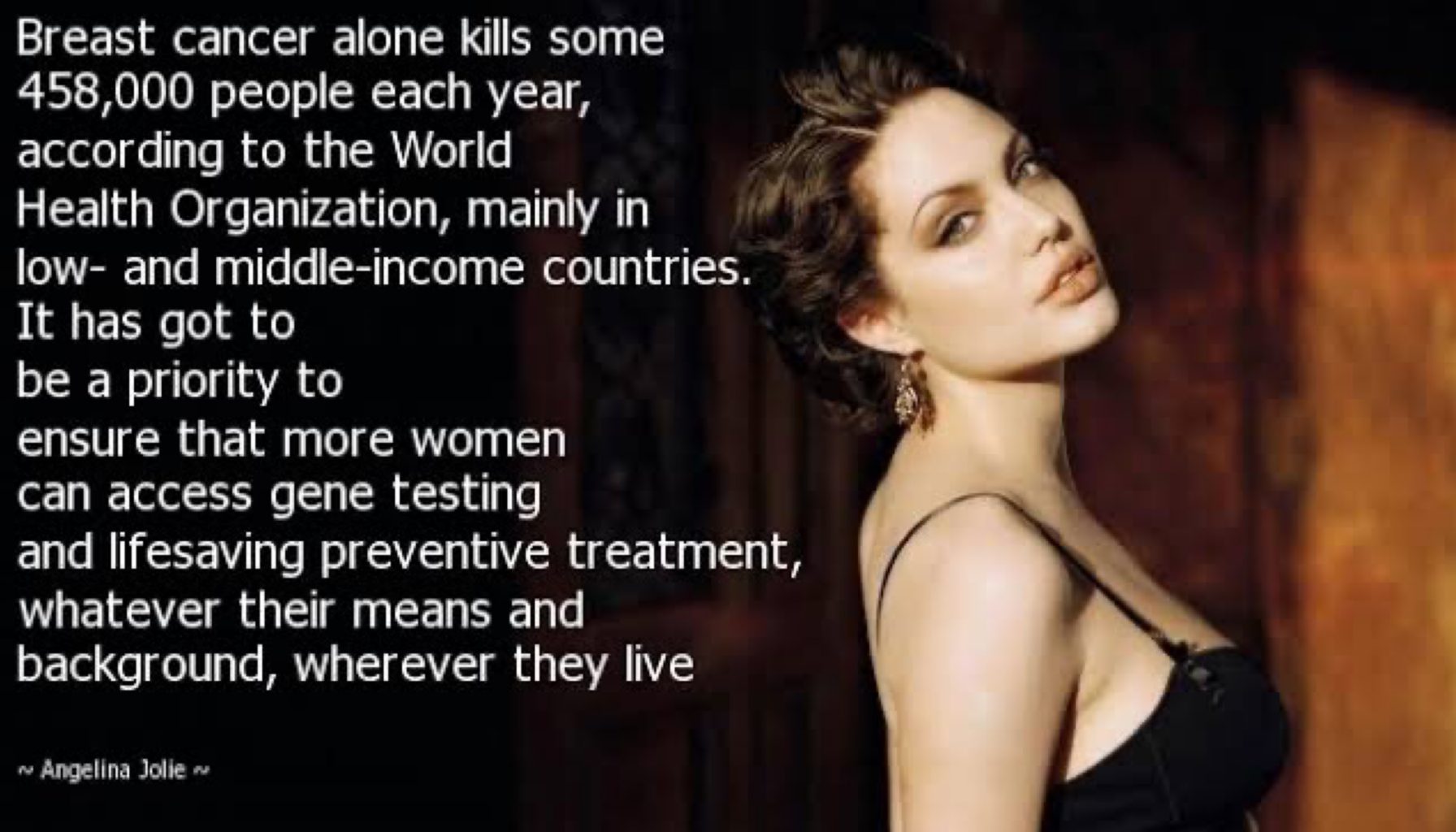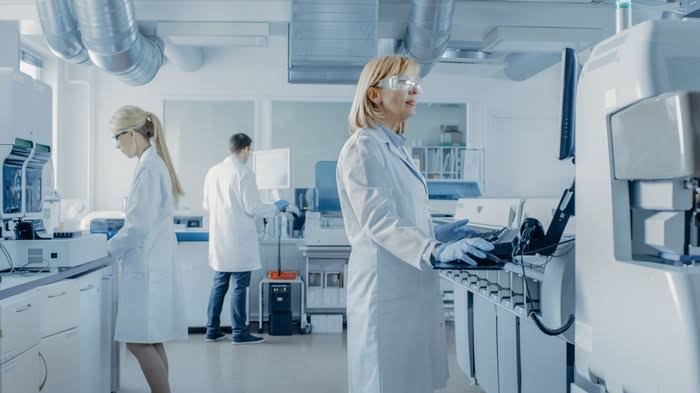Individuals who have inherited a pathogenic variant have a dramatically higher risk of developing cancer, and many of these cancers can be difficult to detect and treat. It is extremely helpful to identify these high-risk individuals so that additional screening, surveillance, and interventions can be started. These efforts can result in risk reduction and early diagnosis, which increases the chances of prevention, successful treatment, and survival.
Early Detection is the Key

Knowledge of an increased genetic risk of Breast & Ovarian cancer enables you to work with your healthcare provider to create a personalized plan designed to prevent or detect cancer at an earlier and more treatable stage. If breast, Ovarian cancer is found early, there are more treatment options and a better chance of survival. Women whose breast cancer is detected at an early stage have a 95 percent or higher survival rate in the first five years.
How Cancer Spreads?

Cancer is caused by damage to the DNA in your cells. These changes are called “gene mutations.” Gene mutations are inherited from parents or can build up in cells in your body over time. Cells with too many mutations may stop working normally, grow out of control and become cancerous. Breast & Ovarian cancer is found because they are causing symptoms that tend to be more advanced. In contrast, Early detection of breast cancer is important as it is associated with an increased number of available prevention and treatment options.
The Science Behind The Test

Men and women can pass an inherited gene mutation to their sons or daughters through their sperm or eggs. When a person with a gene mutation has children, each child has a 50 percent chance of inheriting the same mutation. Breast & Ovarian cancer can also be inherited in the same way. Our Genetics experts look carefully at a family’s medical history for signs of hereditary cancer. You can assist them by gathering medical information from relatives on both sides of your family. Combined with proactive DNA testing your chance to win against cancer is more than 95%.
Who Needs This DNA Test

Early Detection is Key, Breast & Ovarian cancer are the most diagnosed cancer in women, affecting one in every 5 women. The goal of This Test is early breast & Ovarian cancer detection. If these cancers are found early, there are more treatment options and a better chance of survival. Women whose breast cancer is detected at an early stage have a 95 percent or higher survival rate in the first five years. Every woman deserves this Testing option.
What We Test?
This Breast Cancer Panel analyzes 27 genes that are associated with hereditary breast cancer. These genes were selected based on the available evidence to date to provide you with the broadest test for hereditary breast & Ovarian cancers.
Our Breast and Gyn Cancers Panel analyzes 37 genes associated with hereditary breast, ovarian and uterine cancers. These genes were selected based on the available evidence to date to provide you the broadest test for women’s breast and gynecologic cancers.
Cowden and Cowden-like syndrome
DICER1 syndrome
hereditary breast and ovarian cancer syndrome (HBOC)
hereditary diffuse gastric cancer (HDGC)
Li-Fraumeni syndrome (LFS)
Lynch syndrome – also known as hereditary non-polyposis colorectal cancer (HNPCC)
neurofibromatosis type 1 (NF1)
Peutz-Jeghers syndrome (PJS)
Individuals who have inherited a pathogenic variant have a dramatically higher risk of developing cancer, and many of these cancers can be difficult to detect and treat. It is extremely helpful to identify these high-risk individuals so that additional screening, surveillance, and interventions can be started. These efforts can result in risk reduction and early diagnosis, which increases the chances of successful treatment and survival.
Our Lab is a College of American Pathologists (CAP)-accredited and Clinical Laboratory Improvement Amendments (CLIA)-certified clinical diagnostic laboratory performing full-gene sequencing and deletion/duplication analysis using next-generation sequencing technology (NGS). Our sequence analysis covers clinically important regions of each gene, including coding exons and 10 to 20 base pairs of adjacent intronic sequences on either side of the coding exons in the transcript listed below, depending on the specific gene or test. In addition, the analysis covers select non-coding variants. Any variants that fall outside these regions are not analyzed. Any limitations in the analysis of these genes will be listed in the report. Contact client services with any questions. Based on validation study results, this assay achieves >99% analytical sensitivity and specificity for single nucleotide variants, insertions and deletions <15bp in length, and exon-level deletions and duplications.
How it Works?
The process is as simple as ordering a kit from our lab. When it arrives after 3 business days, you will collect a saliva sample provided in the kit. Then, just send it back in the prepaid mailer, and we will send it to our CAP, CLIA-accredited Lab in the USA. Your results will be ready in 2-4 weeks. (Average time is 3 weeks).
